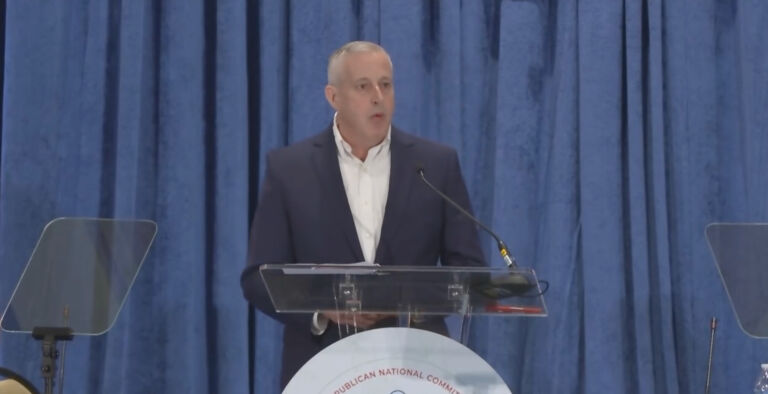Michael Strain of the American Enterprise Institute pans politicians’ recent turn toward government-dictated industrial policy.
Industrial policy is all the rage nowadays. In the United States, President Joe Biden has signed laws offering hundreds of billions of dollars in incentives and funding for clean energy and domestic semiconductor manufacturing. Similarly, Donald Trump launched a trade war with China in the name of reviving US industry. Rank-and-file Democrats and Republicans alike are on board with this shift from free markets toward government planning.
But industrial policy always works better in theory than in practice. Real-world factors are likely to thwart efforts by the state to revitalize the manufacturing sector and significantly boost the number of manufacturing jobs.
Current US policies raise all the same old questions that have been asked before about industrial policy. Why should we expect the government to do a good job of picking winners and losers, or to allocate scarce resources better than the market? If the government intervenes in markets, how will it avoid mission creep, cronyism, and corruption?
In the real world, government planners simply lack the control to make an industrial policy succeed over the long term. Biden can subsidize semiconductor manufacturing with the stroke of a pen, but he cannot wave a magic wand to create workers who are qualified to staff chip-fabrication plants. Deloitte estimates that the US semiconductor industry will face a shortfall of 90,000 workers over the next few years. Just this month, Taiwan Semiconductor Manufacturing Company announced that it must delay production at an Arizona fab, owing to a lack of workers with the right experience and training.
Nor can US policymakers prevent other countries from retaliating and intervening to boost their own favored industries. …
… None of this bodes well. Tit-for-tat industrial policies distort relative prices, and reduce economic efficiency by prioritizing political whim over comparative advantage. As more countries adopt subsidies, they will blunt the impact of subsidies elsewhere. Industrial policy lights taxpayers’ money on fire.


